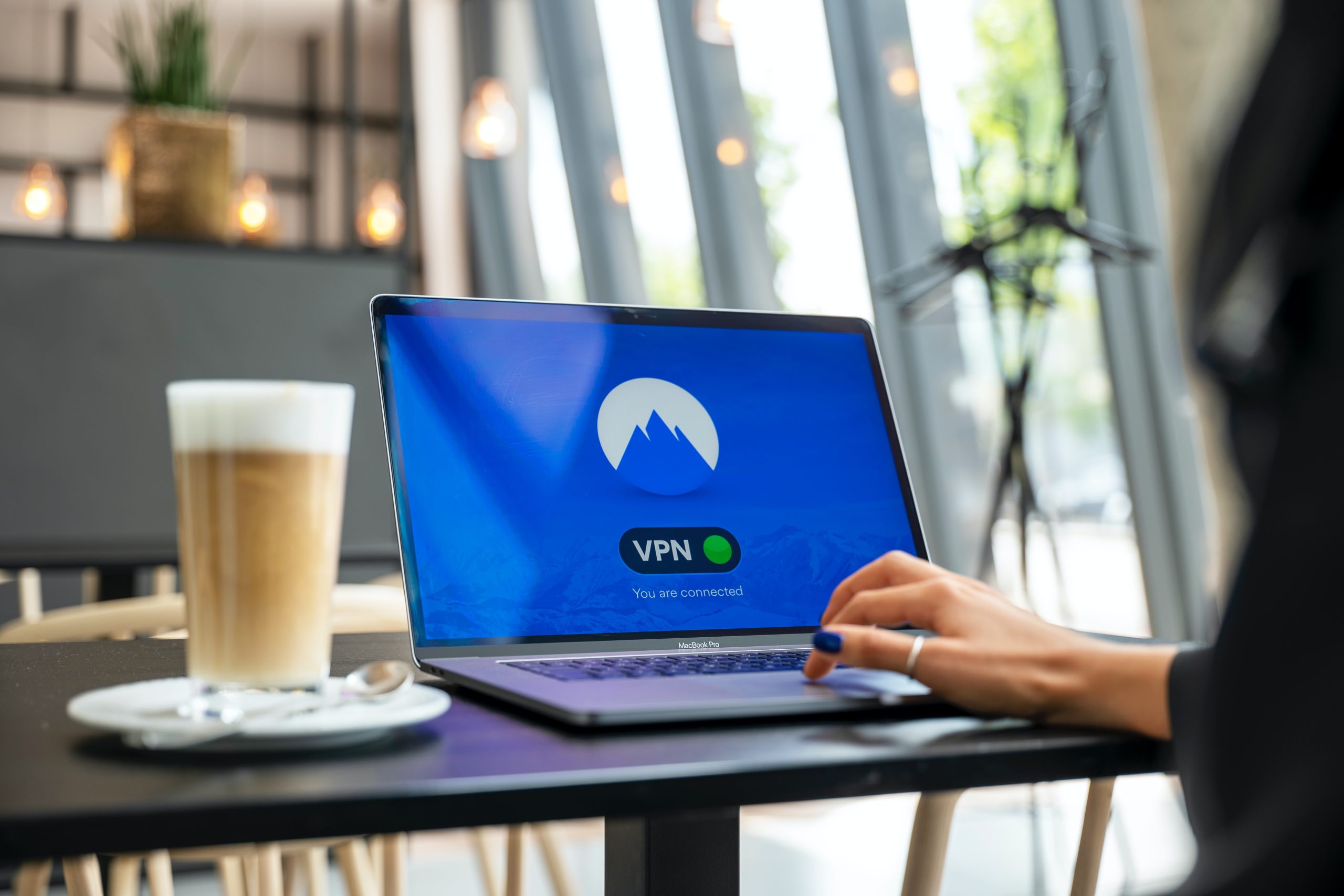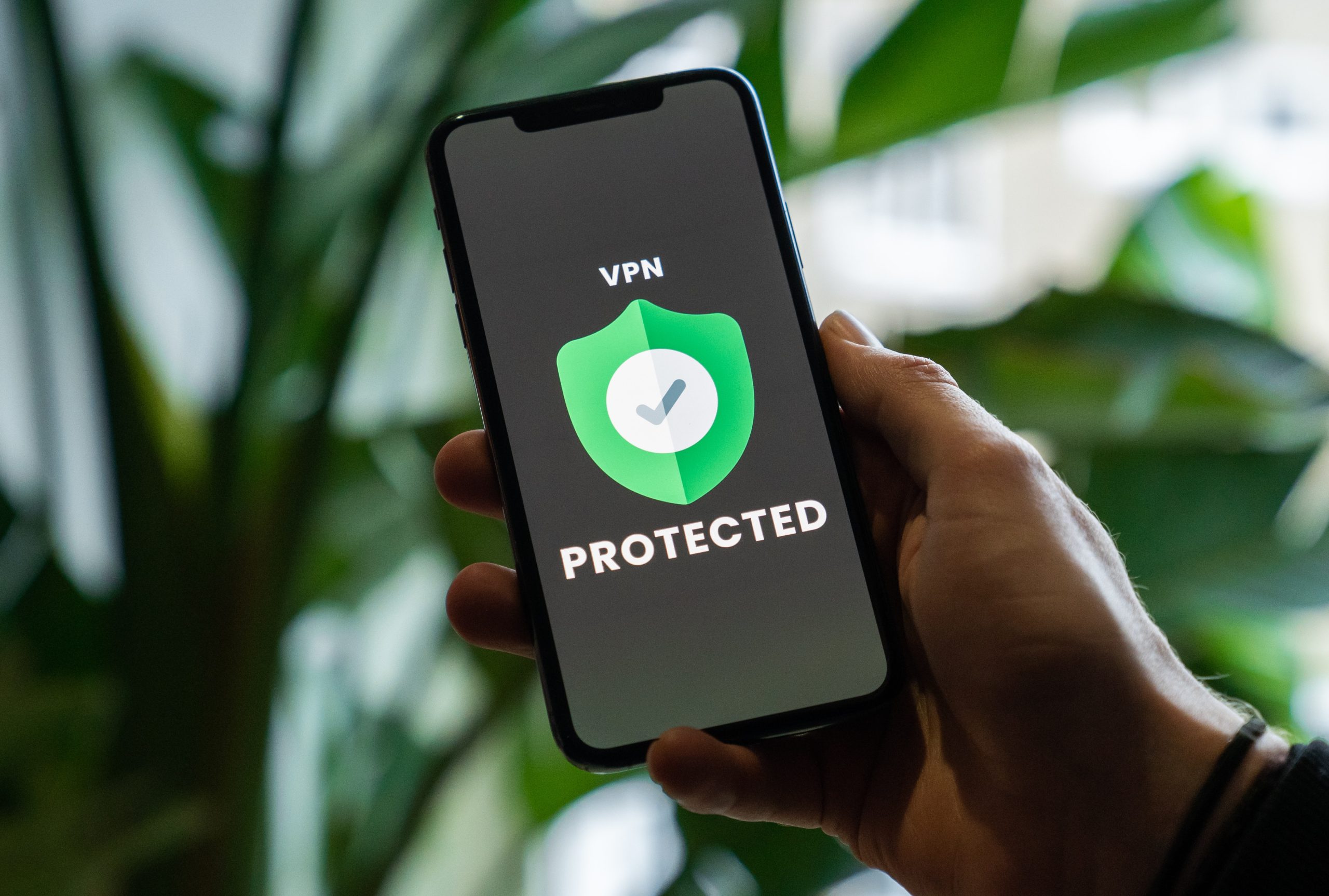In a world fueled by data and connectivity, Virtual Private Networks (VPNs) have become the unsung heroes of online security. But what does the future hold for these digital warriors? Fasten your seatbelts and get ready to embark on a journey into the year 2024, where we will explore the biggest VPN trends that are shaping our digital landscape. From innovative technologies that promise enhanced privacy to unknown dangers lurking in the shadows, this article will reveal the possibilities and perils that await us in the ever-evolving realm of VPNs.
Contents of Post
Overview of the importance and growth of VPNs
VPNs, or Virtual Private Networks, have become increasingly important in today’s digital landscape. With the constant threat of cyberattacks and the ever-growing concern for privacy, VPNs offer a secure and private online experience to users. Their popularity has exploded in recent years, as more individuals and businesses recognize the importance of safeguarding their personal information on the internet.
One significant factor driving the growth of VPNs is remote work. As more people transitioned to working from home due to pandemic-related restrictions, the need for secure connections between employees and company networks became paramount. VPNs provide a secure tunnel through which data can be transmitted, protecting it from potential hackers or interceptors. The ability to securely access corporate resources while outside of traditional office environments has proven instrumental in maintaining productivity and business continuity.
Additionally, with governments around the world implementing stricter regulations regarding data privacy, many individuals have turned to VPNs as a means of shielding themselves from surveillance. By encrypting their online traffic and masking their IP addresses, users gain an added layer of anonymity when browsing websites or engaging in online activities. This increased focus on personal privacy has fueled the growth of VPN usage not only among tech-savvy individuals but also among mainstream users concerned about their online security.
Overall, VPNs have emerged as an essential tool to protect sensitive data and ensure online privacy in an increasingly connected world. Whether it’s for companies seeking secure remote access solutions or individuals looking to safeguard their personal information, the importance and growth of VPNs are undeniable trends.

Increased adoption of VPNs worldwide
The increased adoption of VPNs worldwide is a trend that shows no signs of slowing down. With concerns over privacy and online security becoming more prevalent, individuals and businesses alike are turning to VPNs as a reliable solution. But what exactly is driving this surge in popularity?
One major factor could be the growing awareness of the need for digital privacy. As organizations increase their use of data tracking, users are becoming more conscious of how their information is being used and shared. VPNs offer a way to protect personal data by encrypting internet traffic and masking IP addresses, ensuring that online activities remain anonymous.
Another potential reason behind the increased adoption is the rise in remote work and telecommuting. As more companies transition to flexible or fully remote working models, employees need secure ways to access company resources from anywhere in the world. VPNs provide a safe connection to corporate networks, making it possible for employees to maintain productivity while protecting sensitive information.
In summary, as cybersecurity concerns continue to grow and the global workforce becomes increasingly decentralized, it’s no surprise that VPN usage is on the rise worldwide. The appeal of enhanced privacy and secure remote access makes these virtual private networks an essential tool for individuals and businesses alike. Whether it’s for browsing anonymity or safeguarding corporate data, VPNs offer peace of mind in an increasingly digital world.
Emergence of specialized VPN services
The emergence of specialized VPN services is set to be a major trend in the VPN industry in the coming years. While traditional VPNs offer a range of security and privacy features, specialized VPN services take things one step further by focusing on specific areas or industries. For example, we can expect to see VPN providers catering specifically to businesses in highly regulated sectors such as healthcare or finance, offering tailored solutions that meet the unique needs and compliance requirements of those industries.
By targeting specific niches, specialized VPN services can provide a more targeted and customized approach to protecting users’ data and privacy. This trend is driven by the increasing recognition that not all users have the same needs when it comes to VPN usage. It also reflects an understanding that different industries face distinct threats and risks, necessitating tailored security solutions. With specialized VPN services, businesses can benefit from enhanced protection while ensuring compliance with industry-specific regulations.
These specialized VPN services are also likely to offer additional features beyond standard encryption and anonymity. For instance, they may provide advanced threat intelligence capabilities that help detect and prevent cyber attacks specific to their target niche. Additionally, they might incorporate industry-specific insights into their user-friendly interfaces for seamless integration into existing workflows.
Overall, the emergence of specialized VPN services is a game-changer for both individuals and businesses alike. By catering to specific industries or niches, these services provide an added layer of protection while addressing sector-specific challenges.

Integration of blockchain technology in VPNs
In the evolving landscape of digital privacy, it comes as no surprise that blockchain technology is making its way into the realm of VPNs. Although VPNs already offer a secure and private connection to the internet, integrating blockchain technology takes it to a whole new level. By leveraging blockchain’s decentralized and immutable nature, VPNs can enhance their security measures and ensure that user data remains protected.
One key advantage of integrating blockchain technology in VPNs is the transparency it brings. Blockchain allows for transparent record-keeping, ensuring that users can trust the security practices of their chosen VPN provider. This transparency also extends to logging policies – something traditional VPN providers often struggle with. With blockchain-backed logging systems, users can have confidence in knowing exactly what data is being stored and how it is being used, reducing concerns around potential privacy breaches.
Furthermore, blockchain integration in VPNs could address one of the most pressing issues facing these services: trustworthiness. By utilizing smart contracts on a decentralized network, VPN providers can create an environment where users don’t have to blindly trust their intention or actions. Smart contracts verify and enforce agreed-upon terms between users and providers automatically, eliminating any room for manipulation or deception.
As we look towards 2024 and beyond, incorporating blockchain technology into VPNs presents numerous possibilities for enhancing security measures while building trust with users. The integration will likely revolutionize how we perceive online privacy by providing robust protection through transparency and decentralized governance mechanisms.
Rise in demand for privacy-focused VPNs
One of the biggest VPN trends that we can expect to witness in 2024 is a significant rise in demand for privacy-focused VPNs. With privacy concerns growing among internet users, people are becoming more conscious about their online security and personal data protection. As data breaches and online surveillance become more prevalent, individuals are starting to prioritize anonymity and encryption when it comes to their internet browsing.
Privacy-focused VPNs offer a solution by providing strong encryption protocols and secure servers that help mask the user’s IP address. These VPN services ensure that all online activities remain private, preventing ISPs, government agencies, or hackers from monitoring or accessing sensitive information. In an era where cybersecurity threats loom large, the surge in demand for privacy-focused VPNs is a direct response to people’s need for digital safety.
Moreover, the increased use of IoT (Internet of Things) devices has also contributed to the rise in demand for privacy-focused VPNs. As connected devices continue to infiltrate our homes and workplaces, concerns about data collection by these devices have grown significantly. By using a privacy-focused VPN on IoT devices such as smart home assistants or security systems, users can ensure that any transmitted information remains private and encrypted.
In conclusion, the rise in demand for privacy-focused VPNs indicates a shift towards prioritizing online security and personal data protection. With increased awareness about cybersecurity threats and growing concerns over data breaches, individuals are seeking ways to maintain their online anonymity while accessing the internet. Additionally, as IoT devices become more integrated into our daily lives.

Potential dangers and security risks
In 2024, as VPN usage continues to increase, it is important to be aware of the potential dangers and security risks associated with this technology. While VPNs are designed to protect your online activities and enhance privacy, they are not foolproof. One potential danger is the risk of using a malicious or unreliable VPN provider. With so many providers available in the market, it can be challenging to choose a trustworthy one. It’s essential to thoroughly research and read reviews before selecting a VPN service to ensure you’re entrusting your online security to a reputable provider.
Another security risk associated with VPNs is the possibility of data breaches and leaks. While VPNs encrypt your internet traffic, vulnerabilities in their infrastructure or protocols could potentially compromise your sensitive information. It’s crucial for both users and providers to stay up-to-date on the latest encryption technologies and regularly patch any vulnerabilities that may arise. Additionally, user error plays a role in ensuring security while using a VPN – it’s important for individuals to follow best practices such as choosing strong passwords and avoiding suspicious websites or links.
As new threats emerge in cyberspace, it’s equally important for users of VPNs to understand that their behavior can inadvertently expose them to potential dangers. Phishing attacks disguised as legitimate websites or services have become increasingly sophisticated over time, making it crucial for users always double-check URLs before entering personal information or clicking on links shared via email or other channels.
Conclusion: Importance of staying informed and protected
In conclusion, staying informed and protected in today’s digital world is more important than ever. With the rapid advancements in technology and the increased reliance on online platforms for personal and professional activities, it has become crucial to be aware of the potential dangers lurking in cyberspace. By staying informed about the latest VPN trends and understanding how they can enhance one’s online security, individuals can take proactive steps towards safeguarding their sensitive information.
Moreover, being well-informed allows individuals to make better choices when it comes to selecting a VPN provider. With numerous options available in the market, understanding which VPN service aligns best with one’s needs and priorities is essential. Additionally, staying up-to-date helps users stay ahead of emerging threats and vulnerabilities. As cybercriminals constantly come up with new ways to exploit weaknesses in networks or devices, being knowledgeable about potential dangers can prevent falling victim to cyberattacks.

